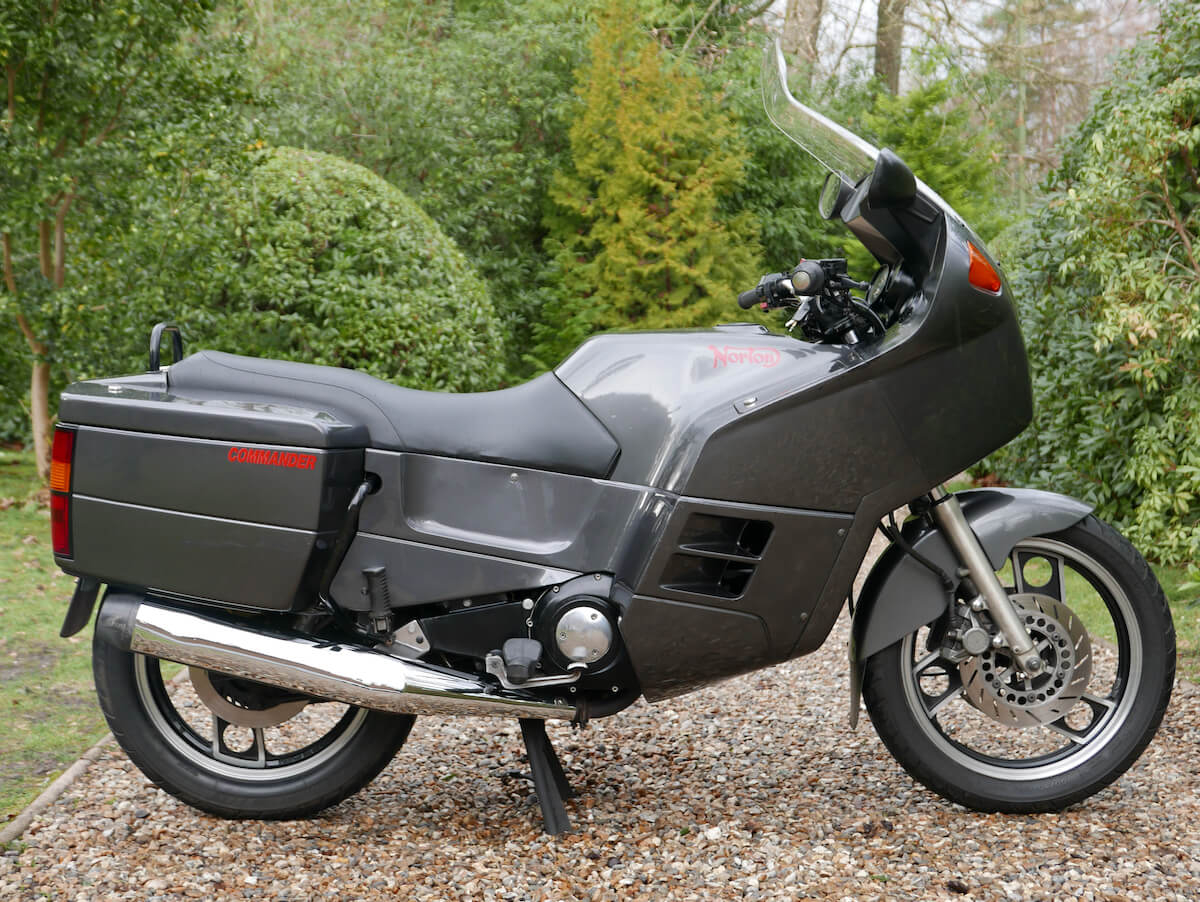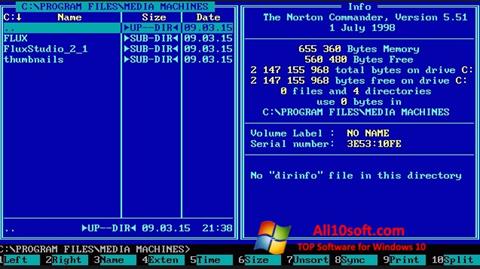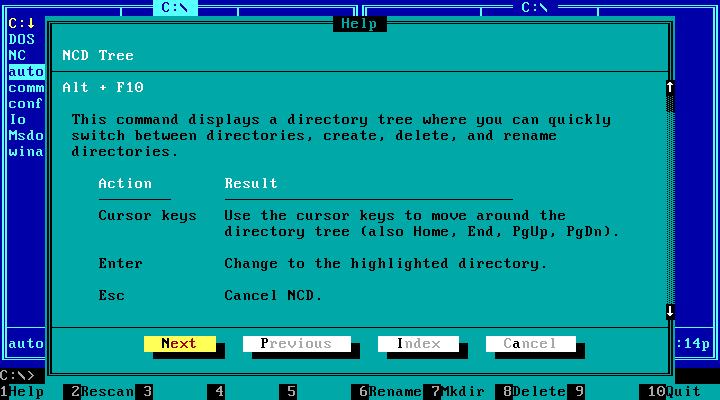


configure% make% sudo make installYou'll also need GNU gettext, which can be found in this folder: gettext-0.13.tar.gz.The same tired routine: % tar -xvzf ~/Desktop/gettext-0.13.tar.gz% cd gettext-0.13/%. Then unpack, compile & install: % tar -xvzf ~/Desktop/pkgconfig-0.15.0.tar.gz% cd pkgconfig-0.15.0/%. Download the latest version from its official site. Pkgconfig is needed to compile glib, a library mc relies on. NOTE: If you do have Fink, you can comfortably install glib with it and skip right ahead to STEP 2. And this is just in addition to the seemingly absent subshell support - the command prompt in mc was always stuck displaying a mere $ sign instead of my complete bash prompt.The great news is that you no longer have to put up with all these deficiencies, thanks to the improvements in Panther and mc, you can now compile your own copy without a hitch! Read on to see how. Unfortunately, using screen immediately adds two disadvantages: you lose Contrl-O, which requires an xterm Terminal also, after quitting, you get returned to the directory you originally started from instead of where you were last working in mc. just to get a proper display and your function keys working. All this means you end up with a dozen unnecessary packages getting installed on your system, along with a console version which you'll find yourself starting as: screen /sw/bin/mc.

Unfortunately, the Fink copy is barely usable, with the Fink project seemingly more interested in the GUI part of mc - there is a graphical counterpart which is an integral part of the GNOME desktop. I too have almost given up hope on getting it to work when I noticed that the nice people at the Fink project have it.

Those of us who spent a good part of their lives using Norton Commander and its countless clones on various operating systems simply can't feel at home without a tool like it.īack in the Mac OS X 10.2.x days, compiling mc on your own wasn't for the faint of heart. mc is a very efficient console file manager which makes manipulating files and browsing your system a breeze. When I got my Mac and with it my introduction to the wonderful world of Mac OS X, coming from a Linux background, among the first things I tried to install was the GNU Midnight Commander, mc.


 0 kommentar(er)
0 kommentar(er)
